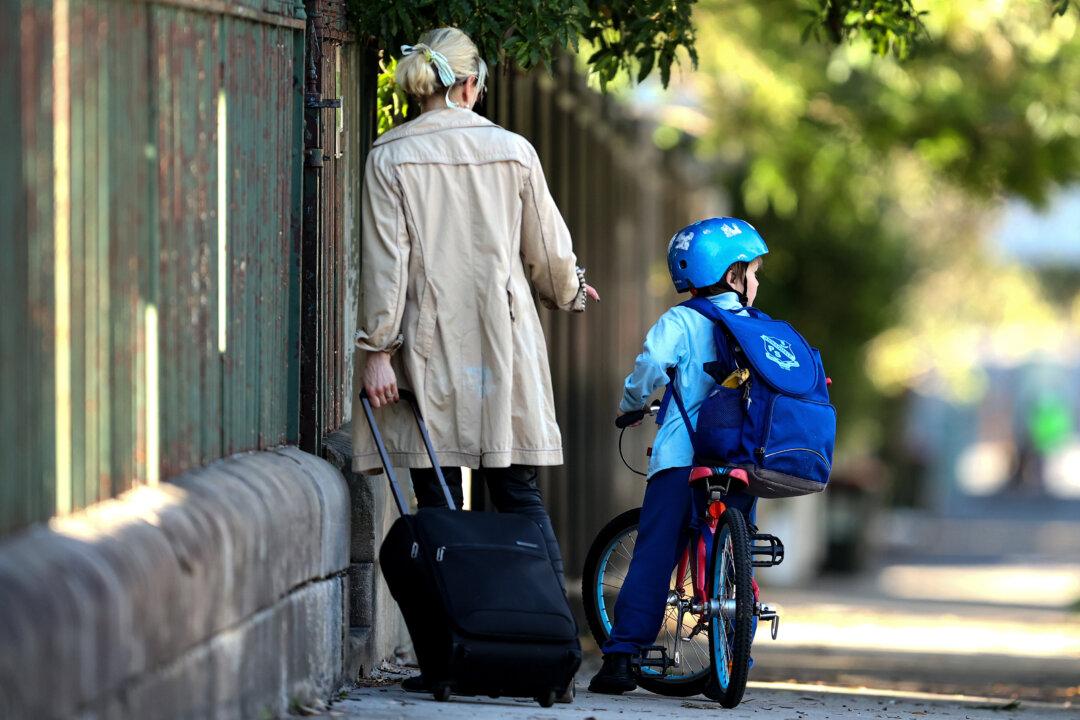Parents and guardians of young adults have been warned by the Australian Federal Police (AFP) to closely monitor their children due to a concerning online trend where young victims are being coerced into producing extreme sexual and violent content.
In a statement issued on Sept. 6, AFP said sadistic sextortion is a rising online crime targeting children as young as twelve years old on social media and messaging platforms. These groups “coerce them to self-produce explicit material to gain acceptance into extreme online communities.”





